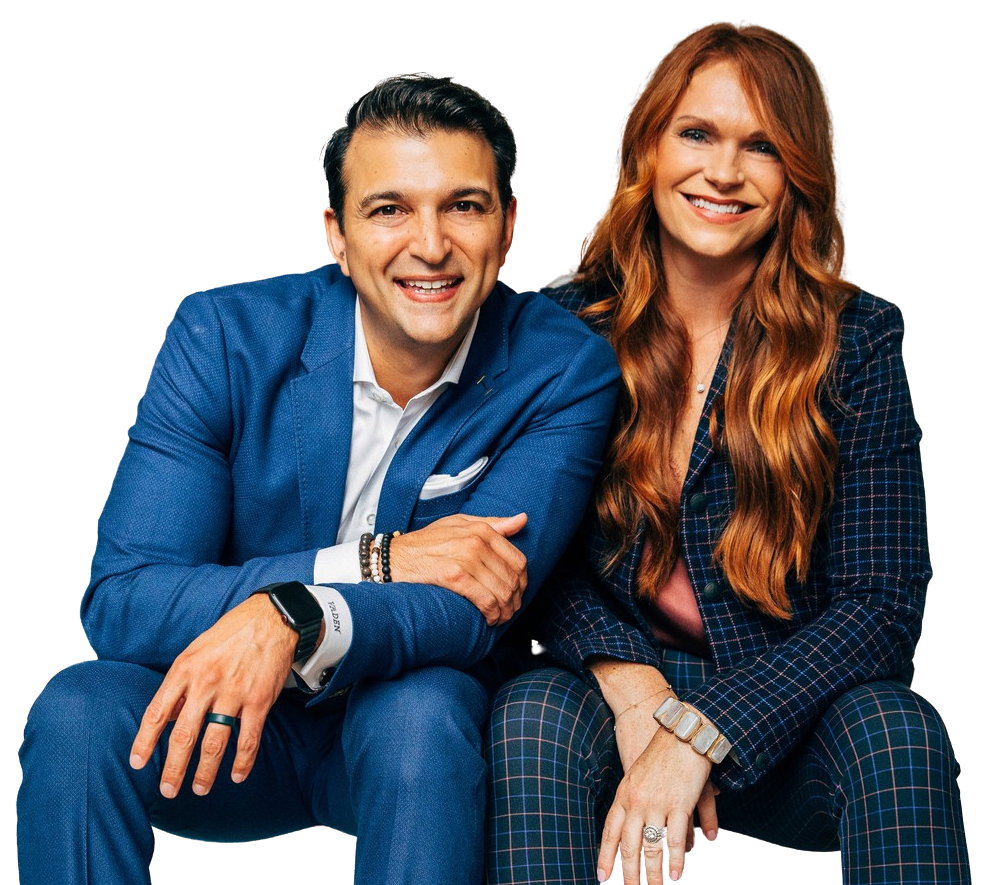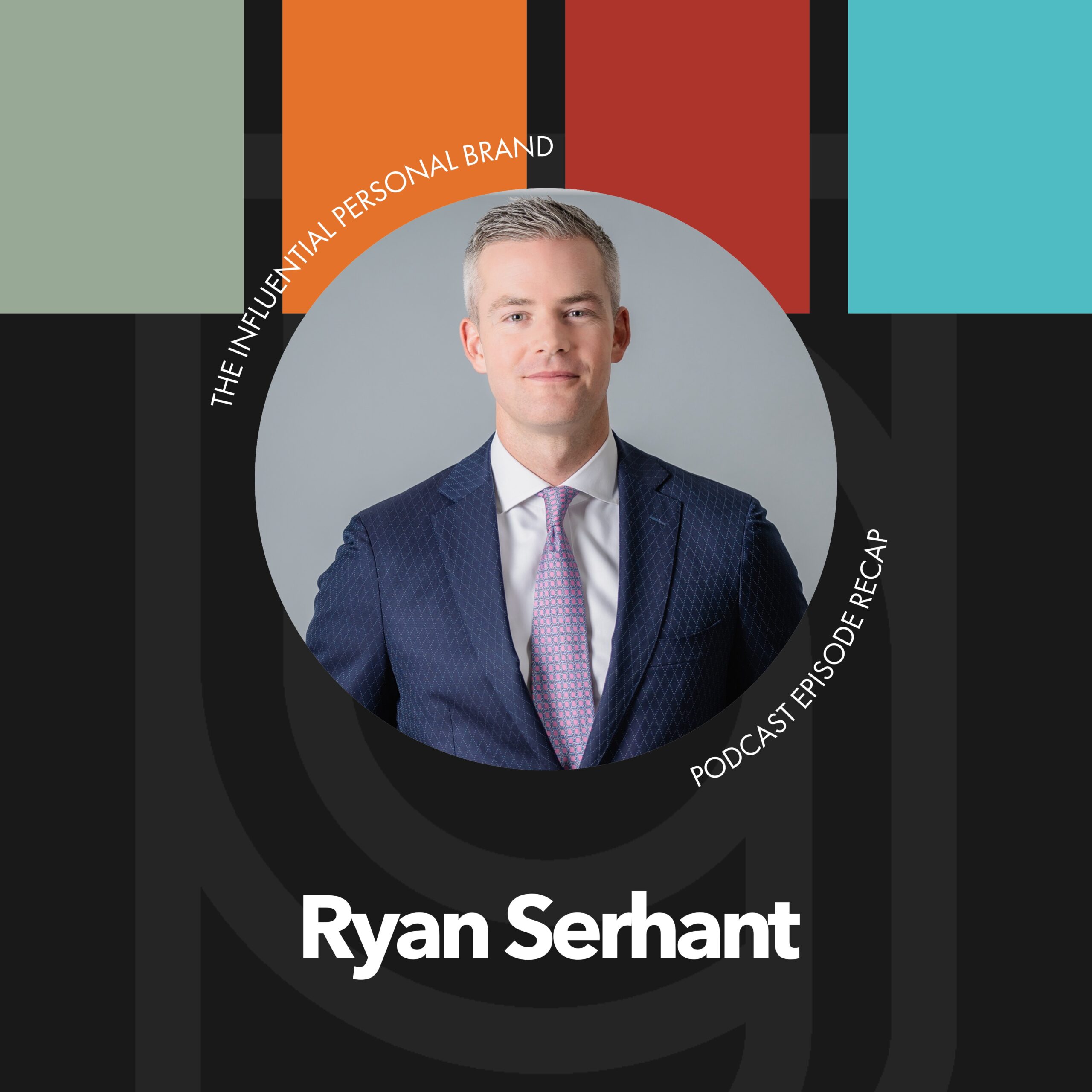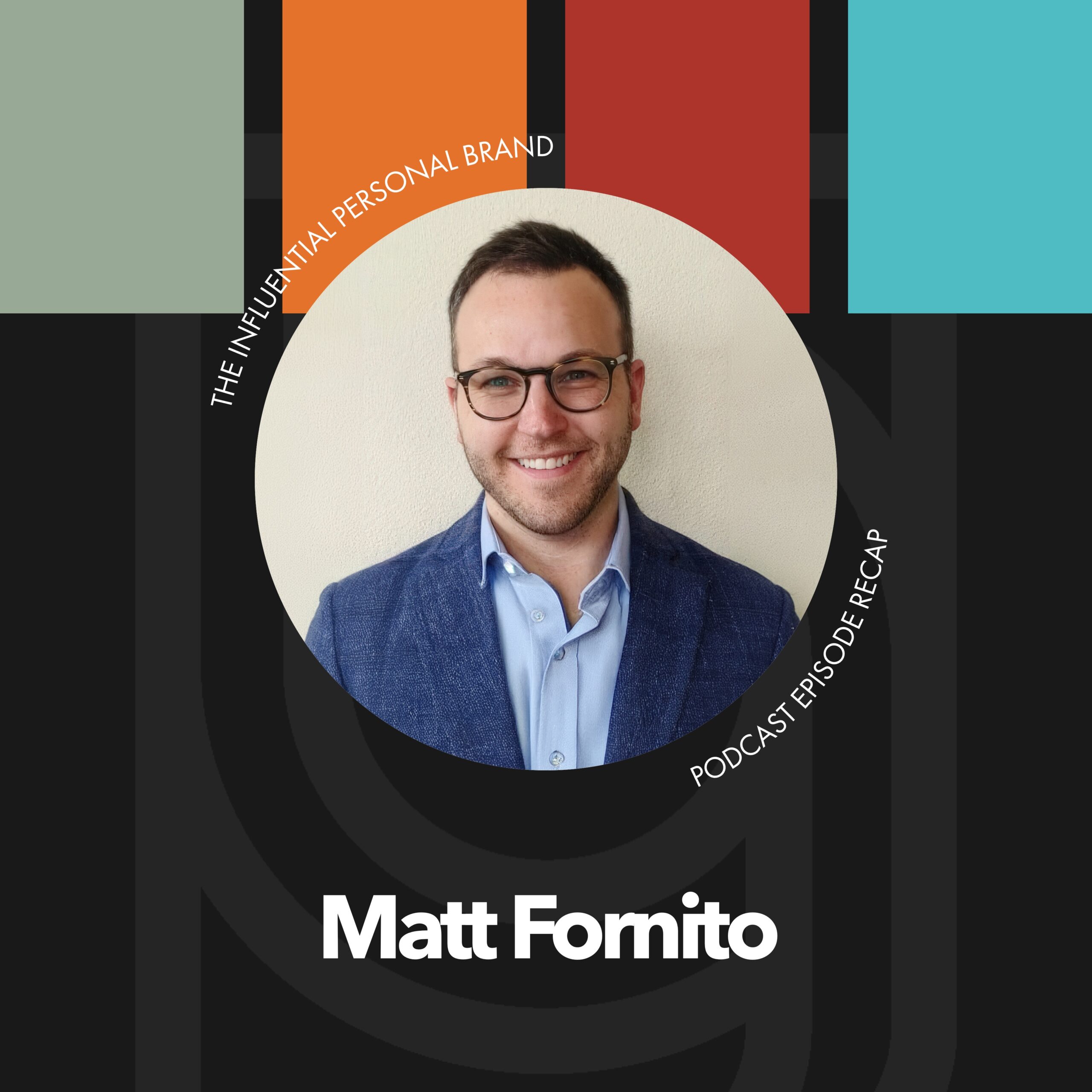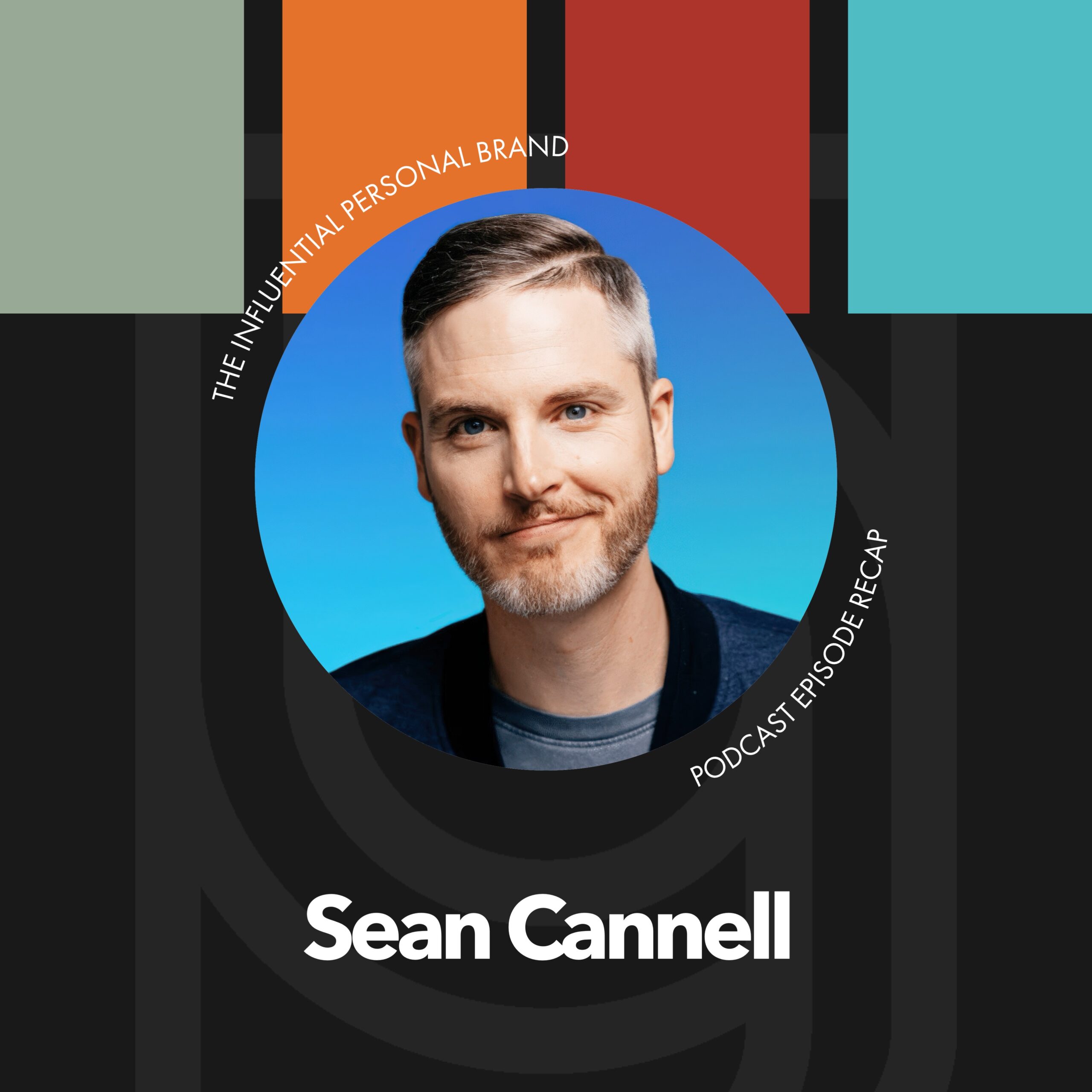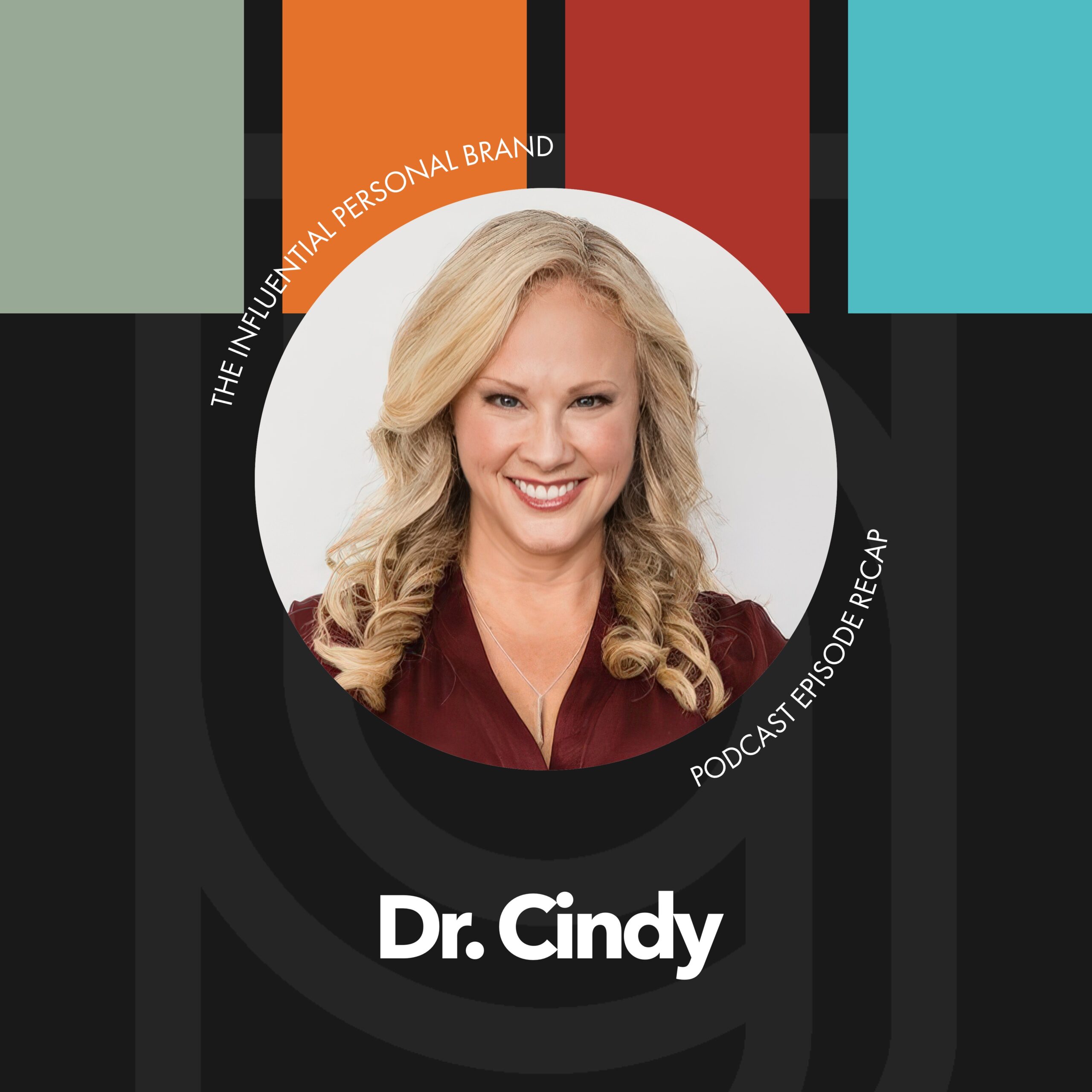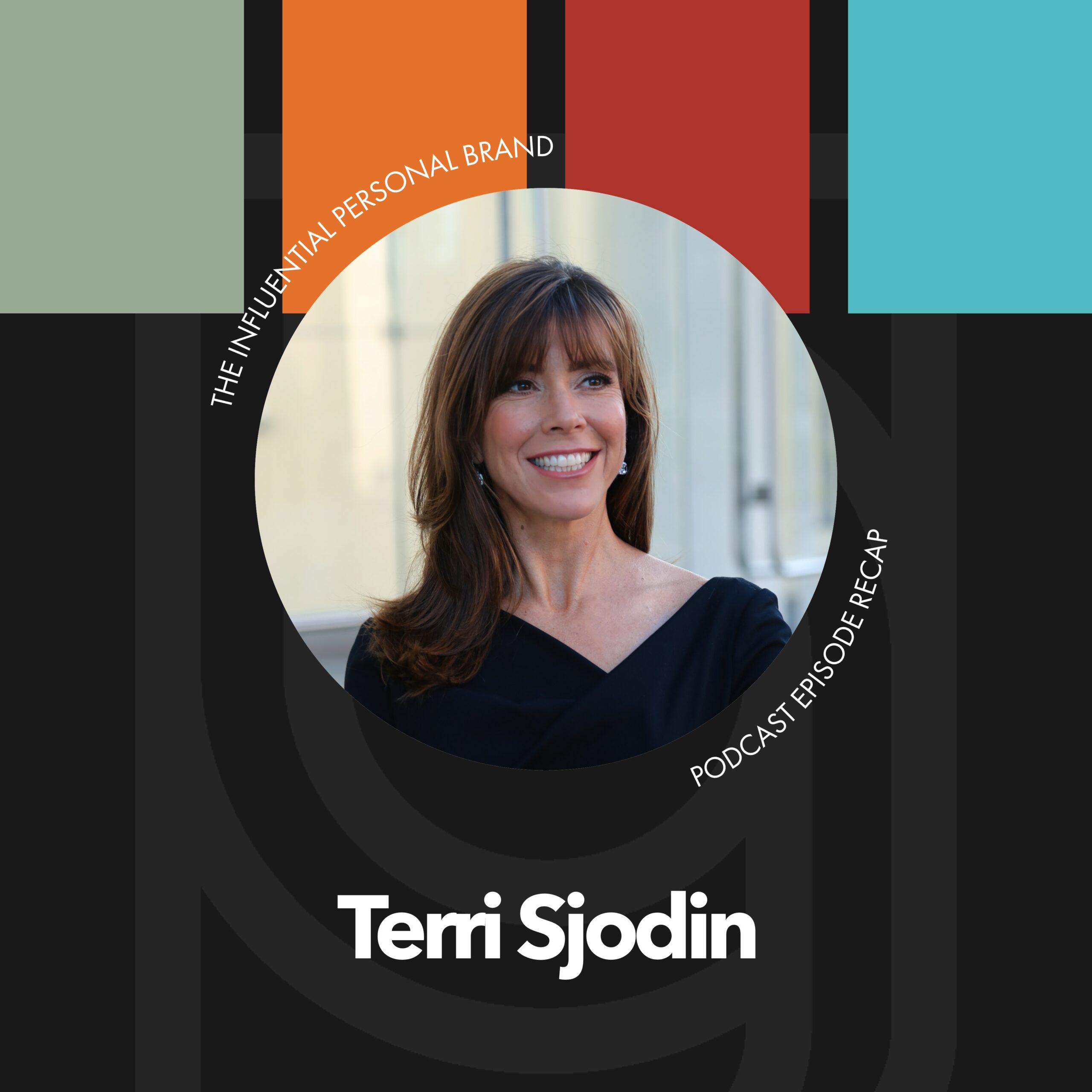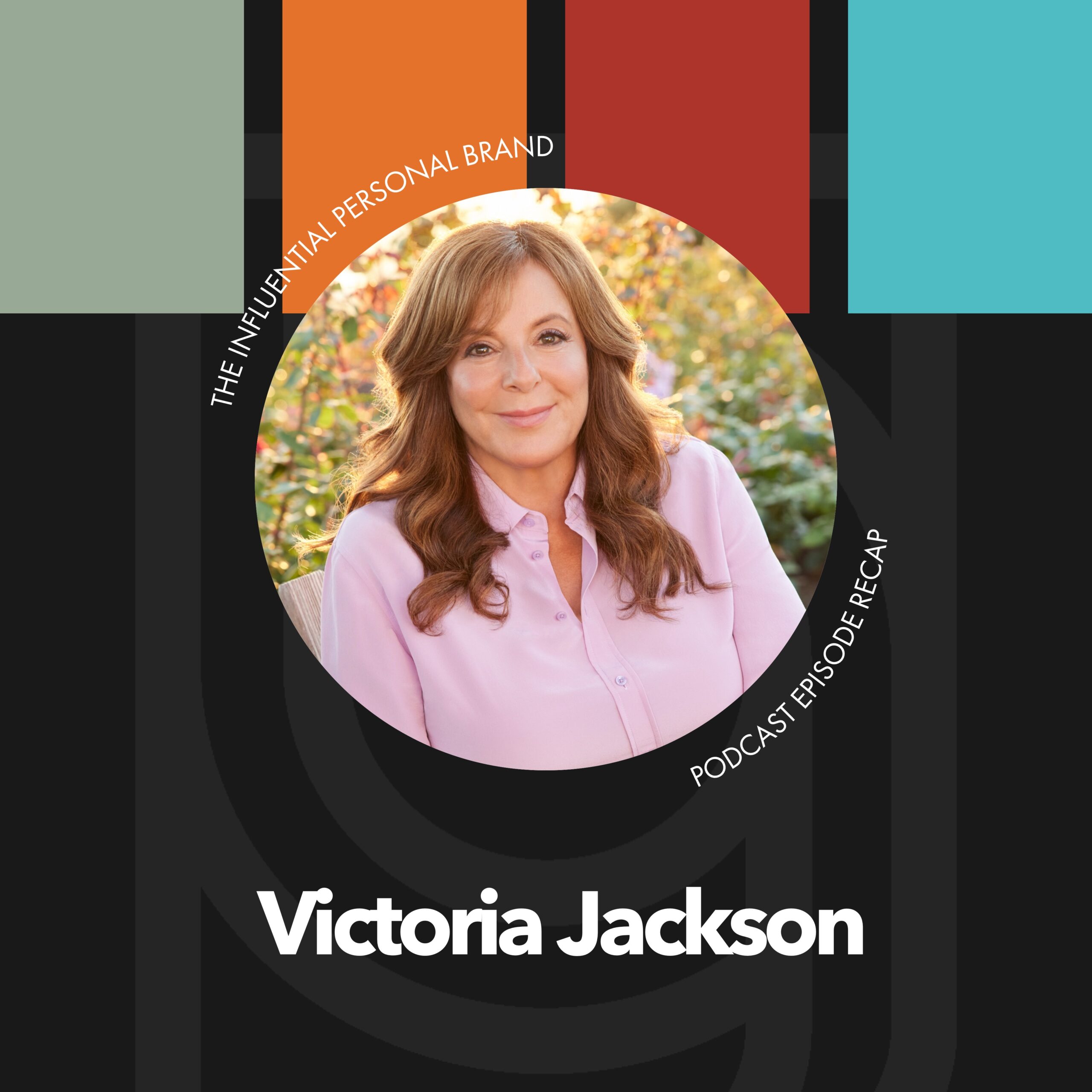RV (00:02):
Holy moly. Jeff goings blew my mind. It blew my mind. Obviously say AJ this where we’re, this was, this was one of my favorite interviews as it relates to content, like your big idea, like how do you find like the kind of idea that can build a career off of? What’s really good, really clean. And anyways, I’m talking to AJ our CEO, my business partner, my woman just we’re here breaking down. We’re about to break down the interview with Jeff Goins and it’s good stuff from Jeff Goins.
AJV (00:45):
Yes, really, because it’s really, really good. I’m guessing that was my transition. You want me,
RV (00:51):
That’s a transition. That was my casual toss over to my cohost. Well, you, but you invited him to do, to come and talk to our members.
AJV (01:00):
So excited about this. I think this is going to be awesome. In terms of like, just like really leaning into what are you creating content about. And, and this is like really about, you know, book content, but you could really take this and apply it to any sort of content that you’re building, which is what I love about interviews like this is there a universal, even if they have a targeted emphasis on the actual interview. But here’s the thing. I love this. I love this because it reminds me of my celebrity crush J-Lo. And so my first takeaway is that good ideas make bad books, reason being, is that a good idea is just that it’s a good idea and that’s not good enough. Good ideas are average. And I love this. And lo if you guys have ever watched the show world of dance, it did not renew.
AJV (01:46):
I don’t know how that happened, but three seasons, four seasons can’t remember, it’s really, really good, but I loved one of the things that Jlo said. I think it was season two and she was like, it’s not good enough just to be good. You have to be different. It has to be unique. It has to be original. There’s just too many people who are good at something, but what is it that is unique and eye catching and scroll stopping what goes, wow. I never thought about it that way, or I’ve never heard it that way, or it’s never been explained that way, or that is a novel idea in terms of how we’re approaching something that maybe we had a construct in our brain that was very set in stone, and then someone comes along and goes, no, it’s not about how you calendar stuff. It’s about how you think about stuff, right. To tee up to my man.
AJV (02:42):
But I think that’s really good. And that’s a really important it’s like, you don’t have to create new stuff. You just have to go, how do you rearrange this and put your spin and your take on it. Right. And I love that because I think so often we think we have to come up with this brand new idea and it’s like, are there any new brand new, new ideas? I don’t think so, but it’s the way that you rearrange it. It’s the way that you, we explain it. It’s your interpretation that makes it so original and unique. And it’s not good enough just to be good. It’s gotta be different. It’s gotta be original. It’s gotta be your take on it. And so I think that’s just a great place for us all to start. The more you can just leave live into your uniqueness in that the better it’s going to be.
RV (03:26):
Hey man. I mean, that was there, there were a couple of lines. That was my, my first takeaway is very much related to this. Like you’ve picked up that one where you said good ideas, make bad books. Another line that he said that was kind of in that same vein was ordinary ideas get forgotten. And that really hit me as like kind of a sobering thing. And then the other thing I loved about the interview, so that was very kind of like alarming and guide, oh, man, it really grabbed me to go, what, what is different? Like what, what are we doing? That’s different and unique. And then he kind of gave two really tactical formulas kind of all throughout. But, but you know, I, as I went back and reflected on the interview, there was sort of like two tactical formulas for how to not be forgotten and for how to not just be, you know, consumed.
RV (04:16):
And the first one was, he said, an interesting idea is something that is 80% the same as what we’ve always heard, but then 20% different. And so that was really powerful to be like, it’s gotta be close enough that it’s familiar to people and we can go, oh, I like that. I get it. That is true. But then 20% different to go, oh, but I’ve never thought of that. I’ve never heard it like that. And so I thought that was a super tactical way to like position the same, but different. And then the other thing he said, which is something actually we’ve, we’ve taught our members about specifically with Ted talks is that you think X, but really why that’s a really great formula for a big idea is you think X, but really why. And it kind of also lends to that sort of like 20%, 20% different rule. And I mean, I could see this 20% different role becoming something that we use a lot. We might have to like coin it after Jeff to be like the goin’s the goins rule of 20% or, well, maybe we’ll have to come up with something. So anyways, I had the same, I had the same takeaway as you, as you have the first one.
AJV (05:28):
Yeah. Well, I would just like tag on one little quote that I would add in there. And I thought he was really good. It says, you, you change the world by changing people’s minds. And that’s like very much like a tag, what you just said. And it’s like, that’s what people fall in love with is like this idea, right? It’s like you change the world by changing people’s minds. So I just thought that I would add that in there. So that’s kind of like a transition it’s I just flew my earphones out of my ear almost. So here’s my second one is that people buy the idea of the book before they buy the book. And I think that’s really important because they’re not buying the words on the pages, that’s what they get after they buy it. They’re buying the idea of the book.
AJV (06:21):
And I think we get consumed with the words on the pages and going then, and then the note, why are people going to buy this? It’s the idea that the book represents, not just the words on the pages, because they’re never going to get there. If they do not pick up that book or put, turn, play on audio to listen to it. And it’s like, how much have you spent going, what is the idea of this book? Like, what am I trying to change someone’s mind about what am I trying to make better or easier, but what is the idea of the book? And I think to me, the reason that’s so important because that’s the sales strategy, right? That’s the marketing strategy. I love one of the things that he said, at some point in this really good interview, he goes, once the book is written, basically your marketing hopes are over, right?
AJV (07:14):
And it’s like, you’ve got to have the hook of why are people going to buy this before you write the book? Right. And I think there’s some real, real power in that I’m going, it’s like, what are people going to buy in terms of the idea? Because I think that that is the sales and marketing strategy of the hopes. Even if the book ends up being a real let down. So I think there’s a lot of power in that is like, what is the idea of it? Because that’s what people are really going to buy into. That’s also a huge part of the sales and marketing concept.
RV (07:47):
Yep. That, that stuck with me too. And I think we, when we teach one of the things we help with our members, a lot of times is helping them come up with titles. And we talk about, you have to learn to separate the truth from the title. The truth is inside the book. Like it’s the thing, that’ll change their life, but the title is the transformation. It’s the promise of what the book provides. And that’s what you’re really selling. It reminds me of a couple of the metaphors that we use where it’s like, you know, if you need to get a dog to take medicine, you put the medicine inside a peanut butter. And so it’s like the title of the book, the marketing of the book is the peanut butter. And then the text, the words on the page is, as you say, J that’s the medicine, but so it’s so difficult for an author to separate those two because we’re so attached to the medicine where we’re so attached to the truth, to the, to the concepts that we’re writing about.
RV (08:45):
It’s hard to kind of separate ourselves and go, okay, this is the thing I’m teaching, but what’s the bigger idea that I’m selling. What’s the, what’s the payoff that I’m promising? What is the destination that I’m, I’m taking people to. And, and so I think you gotta be able to separate those and then even think about, okay, how do I package this idea so that they, people will buy the idea? And that’s really what they’re buying is, is the idea. But if you can’t, if you can’t separate in your mind, those two things, then you’re going to have a hard time. And, and frankly, most of us, like most, most authors don’t separate them because you’re not trained to, and publishers don’t teach you to, cause they’re, they’re focused on the book itself. Unless you really have somebody who understands marketing, who’s coaching you and guiding through the process. You’re, you’re not going to think of it in that way. So that’s yeah, so that’s good. Separate got a separate the, the title from the truth, the cover, the cover from the content and the idea of the book versus what’s in the book. So what was your third one?
AJV (09:57):
Yep. So my third one kind of similar, but just a little bit different and it’s really just how you actually put the book together. So thinking through chapters and the words on the pages. So I kind of thought to like big idea to like the tangible, like, how do you outline a book and how do you get in process? That process started. And I loved what he said on that. That was really, really good. It’s like, front-load the book with the big idea, like the entire front part of the book to be just front-loaded with the idea of the idea. And then the rest of the book should just illustrate that idea. But it’s like, front-load that book with those big ideas that are, I’m not going to say controversial in a negative way, but that are thought provoking that are different. That would go, I thought it was X, but he’s saying it’s Y but not how or why or what. It’s just the idea to get people going. I got to know where this is going to go, then use the rest of the book to illustrate that big idea. And I loved that. It’s like, you’ve got to sell the idea, then you can illustrate the idea. And that’s kind of like a way of outlining the book. I thought it was really good, simple
RV (11:07):
Save, save the best for first that’s one of our mantras around a brand builders group always saved the best for first, push it up front, you know, capture their attention. For me, a part of why I love this interview is because you could just see, Jeff’s like, you could hear, Jeff’s love for the art of writing and not just his love for it in the way that like, oh, he’s good at it. And he really likes it, but he, he places a value on it that, of, of the importance of it. And you, you know, Asia, you actually said this earlier, which was what my third takeaway was, which is that you can change the world by changing people’s minds. And for him, it was like, he really cares about helping people write better ideas, not just to sell more books, but because better ideas make a better world.
RV (11:59):
Like he actually said that like better ideas make a better world. And I really felt aligned with him on that as this kind of like, just like for us, it’s like, we’re not trying to just help people grow their, their reach or their platform for like vanities. Cause we’re, we’re trying to make a difference in the world. And I really felt that heart from him of like, don’t forget, don’t forget to work on the book. And I think, I think so many authors are like, oh, they think about writing the book. And then they come to brown doodlers and we’re like, Hey, you got to build the audience before you build the book. And you know, it’s not New York times bestselling author it’s New York times or not New York times best writing author. It’s New York times bestselling author. And we teach a lot of the authors how to do it.
RV (12:39):
But, but I think this was a good like reminder of like the return to good create good content, like original like create, create great ideas because they’re interesting because they’re fascinating because they’re new, but because they make the world a better place, like put together, put in the energy to come up with ideas that make the world a better place. And so we want to do both. We want to help you create amazing ideas. And then we want to help you tell the whole world that there, there is that you can make a lot of impact and a lot of money doing it. So I just loved it. Great episode, definitely a top one, go back, listen to the Jeff Goins interview and keep coming back here. I mean, th the interviews are just incredible. We learned so much hope. We hope and trust that you are too. Thank you for being here. We’ll catch you next time on the influential personal brand.






